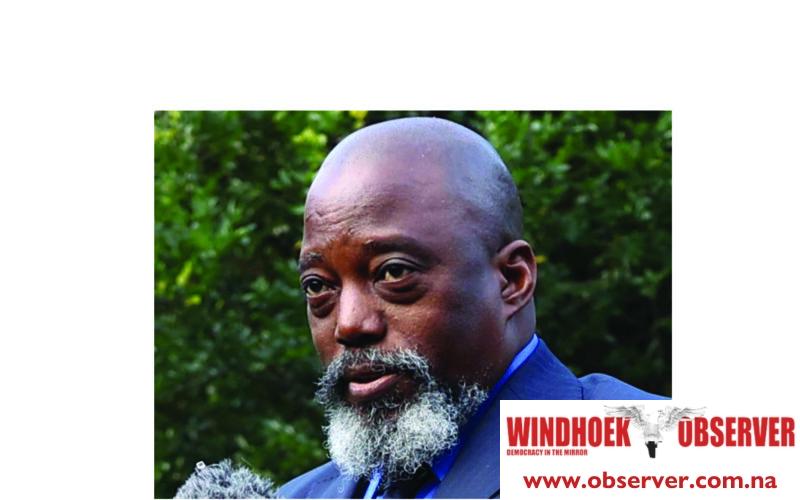Renthia Kaimbi
Namibia faces a diplomatic test as the death sentence imposed on former Democratic Republic of Congo (DRC) president Joseph Kabila draws questions about justice and political stability.
International relations analyst Marius Kudumo said the focus will be on how Namibia manages the potential implications of the case diplomatically.
He noted that, while a major diplomatic fallout is unlikely, Namibia’s response will reflect its commitment to the Southern African Development Community (SADC) values of rule of law and human rights.
The Congolese military tribunal last week sentenced Kabila to death in absentia on charges of war crimes and treason.
The case stems from accusations that he supported the M23 rebel group, which has caused violence and instability in eastern DRC.
The ruling has sparked criticism across the region, with analysts and rights groups questioning the fairness of the trial.
They argue that the proceedings violate key regional principles and human rights standards.
“A fair trial should be a non-negotiable principle across SADC, and I am not convinced that the trial and conviction of former President Kabila by a military tribunal was free and fair,” Kudumo said.
He warned that the verdict could heighten tensions in a country where people “dream about peace and tranquillity and not conflict and war.”
Human rights activist Phil ya Nangoloh of NamRights condemned the sentence as “barbarous and totally unacceptable.”
He said that while some countries allow capital punishment, its use demands a fair and transparent process.
“Under those circumstances there must be, strictly speaking, a fair trial, and NamRights do not believe that DRC is able and willing to grant Kabila a fair trial,” ya Nangoloh said.
He said NamRights opposes the sentence on principle, not out of sympathy for Kabila.
“We don’t like him because he had a very bad human rights record while he was in power… we are still against his death penalty,” he said.
“We totally reject and condemn that death imposed upon former president Joseph Kabila.”
Observers say the case puts SADC member states, including Namibia, in a sensitive position.
In August, Namibian human rights lawyer Norman Tjombe said Namibia could not extradite Kabila because the DRC had indicated it would seek the death penalty against him.
He explained that Namibia placed a high value on the right to life, as the Constitution outlawed the death penalty.
Kabila, who had been outside the DRC for two years and was reported to have spent time in Southern Africa, described the trial as an “instrument of oppression”.
Information obtained by the Windhoek Observer indicated that Kabila owned property in Brakwater, outside Windhoek, and that it was an “open secret” he resided there.
However, the office of the president previously said it was not aware of Kabila’s whereabouts.
Last year, the DRC lifted its moratorium on the death penalty, although no executions had yet been carried out.
The Namibian government has not yet issued an official statement on the death sentence.




